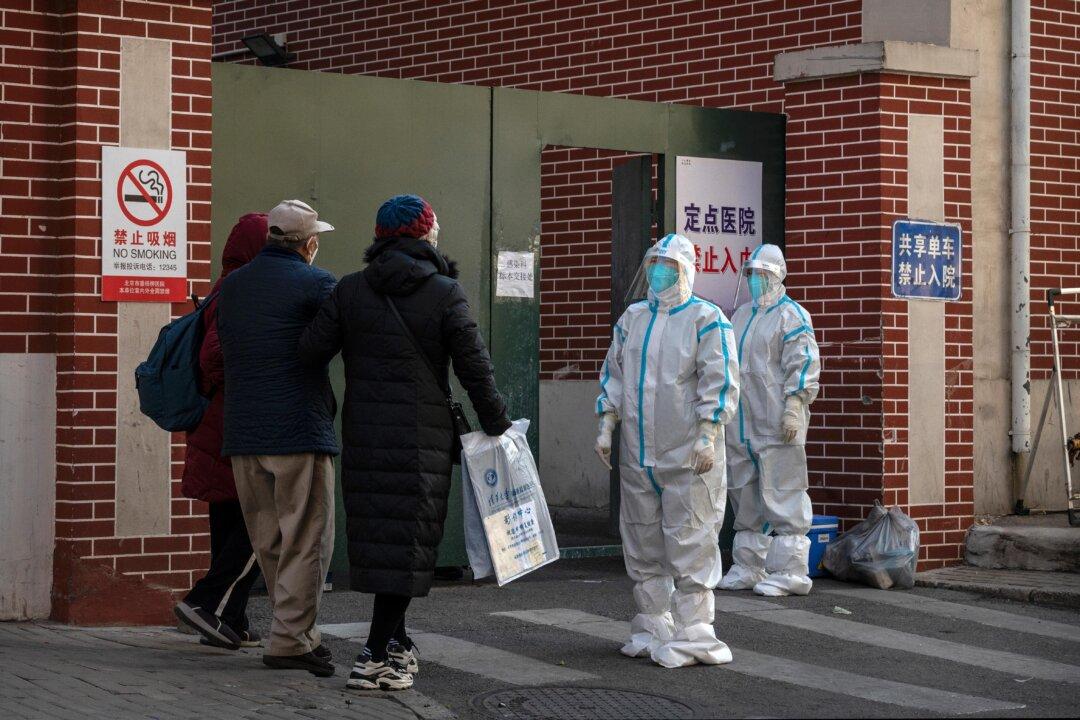Nations around the world are implementing or considering entry restrictions for travelers coming from China as the country grapples with a surge in COVID-19 infections, with neighbors Japan and India imposing strict screening measures.
In the first 20 days of December, 248 million people in China are estimated to have contracted COVID-19, officials said during an internal meeting of China’s National Health Commission on Dec. 21. This comes to around 18 percent of the entire population in the country, while the population of the United States is under 332 million. As many as 37 million people are contracting COVID-19 in a single day in China.





